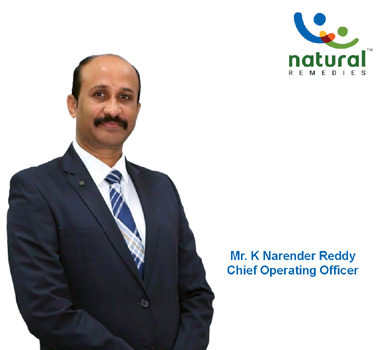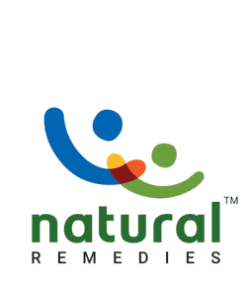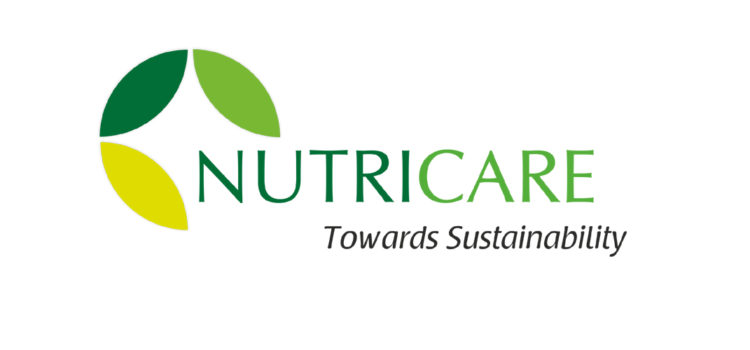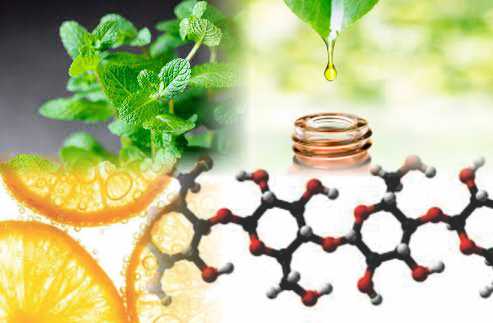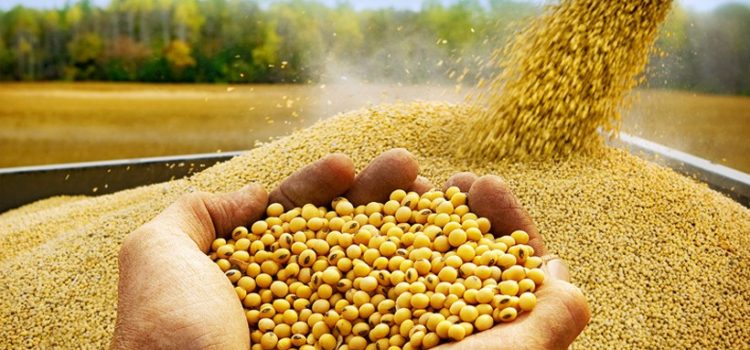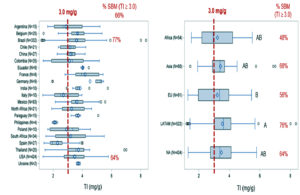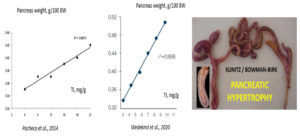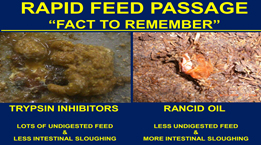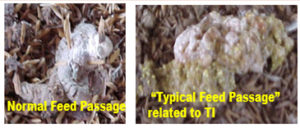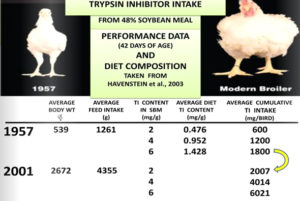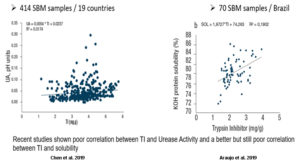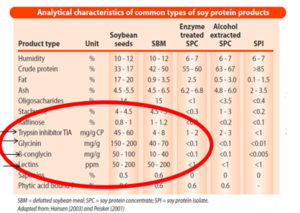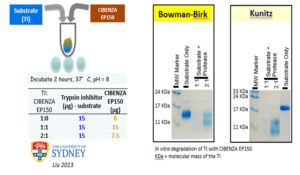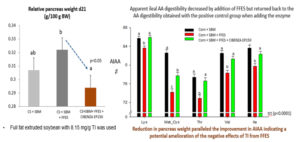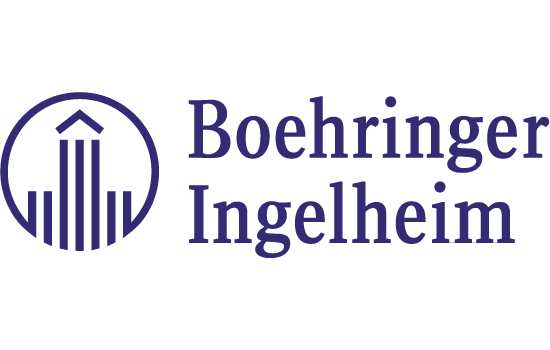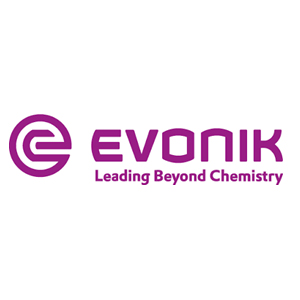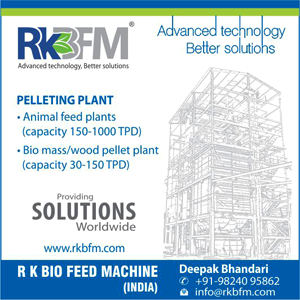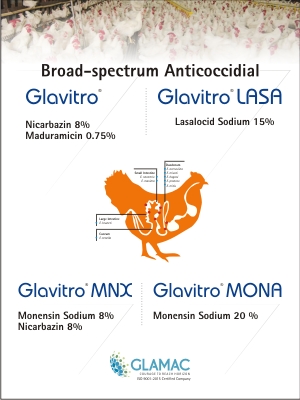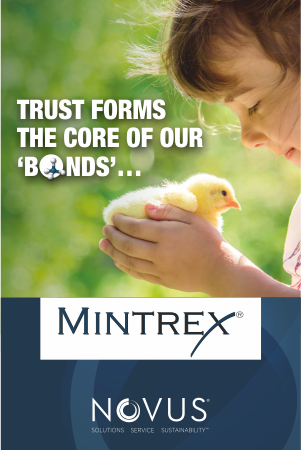The article suggests how incorporating natural sources in diet as feed additives can help to ameliorate negative impact of stress in birds.
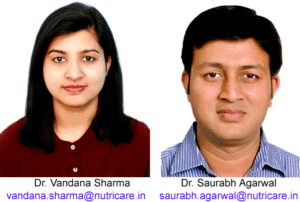 Quite a few problems with poultry can be attributable to the general term ‘stress’. Chickens suffer stress just as we humans do. The general health of your chicken depends on how much stress the birds are exposed to during their everyday life. Stress can directly affect bird’s health, but also have long term implications, and it can even be critical. While many people would not normally associate a chicken as being a possible victim of stress, once you describe the causes of stress in a chicken and the detrimental effects of various factors on their health, reproduction and performance, you will identify what harm it can cause.
Quite a few problems with poultry can be attributable to the general term ‘stress’. Chickens suffer stress just as we humans do. The general health of your chicken depends on how much stress the birds are exposed to during their everyday life. Stress can directly affect bird’s health, but also have long term implications, and it can even be critical. While many people would not normally associate a chicken as being a possible victim of stress, once you describe the causes of stress in a chicken and the detrimental effects of various factors on their health, reproduction and performance, you will identify what harm it can cause.
What is stress??
The term “stress” has been widely used in biology to describe a set of physiological and behavioural changes elicited by aversive stimuli. It is sympatho-adrenomedullary (SAM) system’s attempt to regulate homeostasis when threatened by a variety of stressors. Stress occurs when animals have to make extreme and prolonged, physiological and behavioral adjustments in order to cope with their environment. In short “STRESS” is Situations That Release Emergency Signals for Survival.
Factors causing stress
The factors which can cause stress are called stressors. Although birds might be able to tolerate a single stressor for a short period of time, multiple stressors over a long period of time may lead to distress and suffering.
- Physical: Accidental injury, poor handling during treatment and vaccination, transportation stress.
- Physiological: Rapid growth, sexual maturity.
- Environmental: Sudden rise and fall in temperature, poor ventilation, wet litter etc.
- Social: Overcrowding during brooding, difference in body weight.
- Nutritional: Insufficient or excess feed, imbalance in nutrient ratio, change in type/texture of feed.
- Psychological: Fear of predators, poorly handled by catchers.
- Pathological: Exposure to infectious agent bacteria, viruses and fungi producing mycotoxins, or excessive stimulation of the immune system allow body succumb to disease.
How to recognize stress??
There are many factors that are responsible for stressing chickens out. Pushing these ‘high-stressors’ on a repetitive cycle causes problematic avian disease. Recognizing and understanding causes of these stress-induced problems is key to solving them. The first obvious symptom of stress will be that layers will stop laying eggs, sometimes for up to 3-4 weeks.
The first stage is a ‘fright or flight’ reaction, which is short term, neurological stage based on adrenaline release which triggers the release of glucose into the blood and helps the bird prepare to power the muscles to escape.
Second stage, Adaption is based on the endocrine system where hormones are released to control the long-term effects of stress as they adjust to the new changes in their environment. They can be identified by the level of cortisone in the blood. Diseases associated with long term stress, can be attributed to high corticosteroid production.
The third stage, Exhaustion occurs when a bird does not recover from the stressor, its body reserves are depleted, and the metabolism of normal function fails, leads to death.
Heat stress causes changes in the intestinal microbiome
Due to reduced feed intake and impaired intestinal function, the presence and activity of the commensal microbiota can also be modified. Heat stress can lead to reduced populations of beneficial microbes. At the same time, it can boost the growth of potential pathogens and lead to dysbiosis, increased gut permeability, as well as immune and metabolic dysfunction. Pathogens such as Clostridia, Salmonella, and Coliform bacteria increase in poultry exposed to heat stress, while the populations of beneficial bacteria such as Lactobacilli and Bifidobacteria decrease. Heat stress causes damage in the gut microbiota, intestinal integrity, and villus morphology, as well as immunosuppression.
Oxidative stress is a consequence of heat stress
Oxidative stress, occurs when the amount of reactive oxygen species exceeds the antioxidant capacity of the cells. Oxidative stress damages cell proteins, lipids, and DNA, and reduces energy generation efficacy. Heat stress leads to higher cellular energy demand, promoting the generation of ROS in the mitochondria, which exceeds the antioxidant capacity of the organism. Both acute and chronic heat stress increase gut permeability, partly by increasing oxidative stress and by disrupting the expression of tight junction proteins. When the tight junction barrier is compromised, luminal substances leak into the bloodstream, which constitutes the condition described as “Leaky gut”.
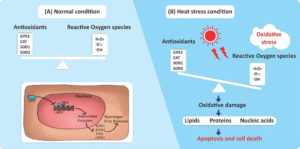
Stress and immune interactions
Stress can suppress immune function. However, the ways in which chronic stress suppresses the immune system are highly specific, and only some types of defense against disease are affected. When the stress response involves the release of glucocorticoids or catecholamines, the capacity of cellular immune mechanisms is reduced. During respiratory infectious diseases and Salmonella sp. infection susceptibility towards stress is increased. Although the precise mechanism explaining this effect is not known, it has been suggested that the function of the natural-killer cells could be impaired as a result of stress and this in turn could lead to an increased susceptibility of the body to infectious agents.
Nutritional manipulation to alleviate stress
Stress has negative effects on physiological response, growth performance and laying performance, which appeared in the form of reducing feed consumption, body weight gain, egg production, feed efficiency, meat quality, egg quality and immune response. Nutritional manipulations can help in ameliorating the negative impacts of stress on birds without any side effects and they are safe and economical as well.
- Diet density: As feed consumption decreases, providing a denser diet may assist in maintaining nutrient intake. Higher energy feeds may be required due to an increase in Metabolic energy requirement and low feed intake. Increasing the energy and amino acid content of diets may assist to improve performance.
- Balanced crude protein: Heat production in the body normally increases with an increase in the level of proteins. Excess protein metabolism increases the heat load in poultry and exacerbates ionic imbalance. Under heat stress conditions, lower protein rations supplemented with some essential amino acids, such as methionine, lysine, threonine and tryptophan, will result in better outcomes than higher protein rations.
- Increased fat percentage: Increasing the metabolizable energy content in the diet increases the intake of energy and reduces the specific dynamic action of the feed. Because fat has a lower heat increment than either carbohydrates and/or protein, a higher fat content in the diet helps mitigate the negative effects of heat stress in birds raised at higher ambient temperature. The inclusion of fat in the diet also decreases the passage rate of digesta through the gastrointestinal tract, thus increasing nutrient uptake and retention.
- Proper feed form: Offering feed as pellets is a method to reduce energy expenditure for eating. The physical nature of pellets allows the bird to consume feed with less wasted energy and assists in improving bird performance. Pellets should be of proper quality with minimum number of fines to gain optimal benefits.
- Introduction of Feed additives: The use of certain feed additives such as betaine, enzymes, antioxidants, mycotoxin binders, phytogenics, and probiotics to alleviate effects of heat stress
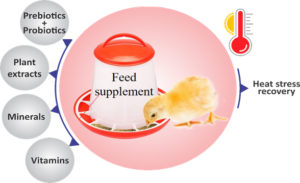
-
- Phytogenic or phytobiotics, acquired great concern in poultry production as antibiotics alternative to improve the growth by enhancing the efficiency of feed utilization and motivating the immunity and the antioxidative status of the birds. Phytomolecules, such as Carvacrol, Cinnamaldehyde, Capsaicin, Silymarin, Cineole, and Menthol, among others, have been found to alleviate heat stress through their antibacterial, anti-inflammatory and antioxidant capacities, leading to improved bird’s health and performance.
- Betaine has a specific role in maintaining poultry biological processes such as osmoregulation, cellular water and ion balance, methionine-sparing, fat distribution and immunity and improves the bird’s capacity to resist heat stress. Betaine also acts as a methyl donor, allowing feed cost savings through the replacement of some of the added dietary methionine and choline.
- Prebiotics like Beta-glucans and Manan-oligosaccharides (MOS) mitigates the negative effects of heat stress on broiler chickens by benefiting the intestinal microbiota, gut morphology, oxidative status, physiological stress and subsequently immune status of broiler chickens (Fig.1).
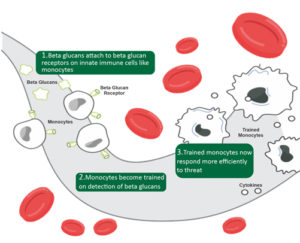
- Probiotics have the ability to improve intestinal health, intestinal microbial balance and immune responses. Recently, probiotics gain more interest to mitigate the oxidative damage of heat stress in the poultry industry.
- Vitamins like Vitamin C helps to reduce corticosterone levels during heat stress. It combats heat stress, oxidative stress and improves the immune response in birds. Vitamin E provides cellular protection and scavenges free radicals. It protects lymphocytes, macrophages and plasma cells against oxidative damage and improves the immune response (Fig.2)
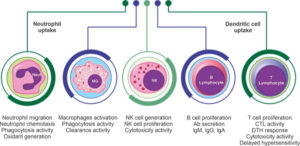
- Minerals like Selenium is involved in several biological functions, including antioxidative properties, protein composition, basal metabolic rate, and the metabolism of protein, carbohydrate, fat, and vitamin and ameliorate the negative impacts of heat stress. Zinc is involved in suppressing the free radicals by activating the antioxidative enzymes and minimize lipid peroxidation in broilers raised in heat stress conditions.
- Sodium bicarbonate is an antacid and is the source of CO2 for heat stressed birds. Due to panting and the excessive loss of carbon dioxide, blood pH and acid-base balance of the bird can be impacted during heat stress. The addition of sodium bicarbonate (0.5%) to diet can enhance performance under heat stress conditions
Beside adopting supplementation of various dietary additives, several strategies should be adopted to overcome the drastic effects of environmental stress. Selection of rearing systems with improved ventilation, proper housing conditions and recommended stocking density is important for improving the performances during high ambient temperature.
In such a competitive environment, when birds are ready to be slaughtered for marketing within five weeks, any stress to poultry has severe effects on the body weight gain and hence in economy, therefore it should be identified at earlier stage and should be managed properly to attain maximum productivity.
Contact:
Dr. Vandana Sharma: vandana.sharma@nutricare.in
Dr. Saurabh Agarwal: saurabh.agarwal@nutricare.in
www.nutricare.in
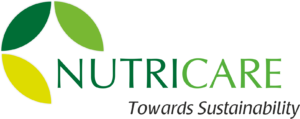
Previous Article By Authors: Essential Oils To Promote Gut Health In Poultry



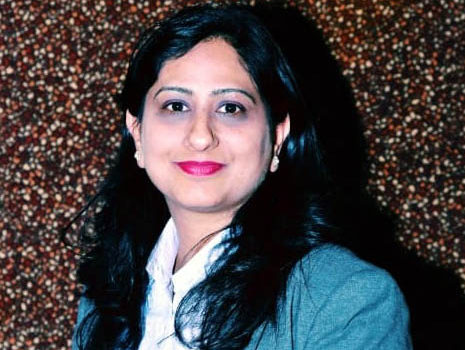
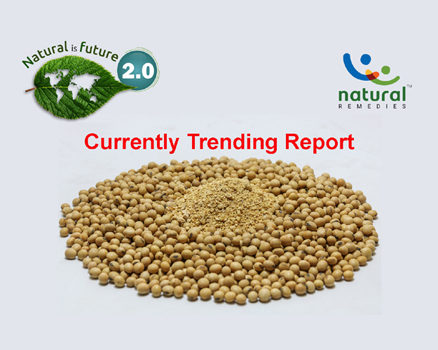

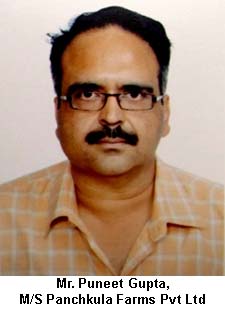
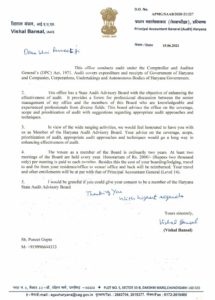
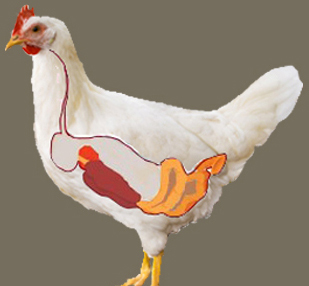
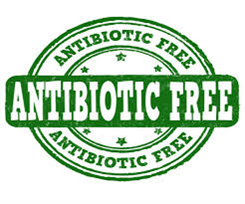
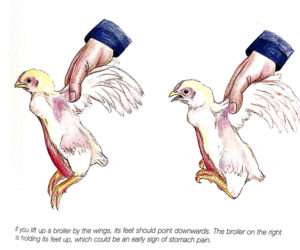
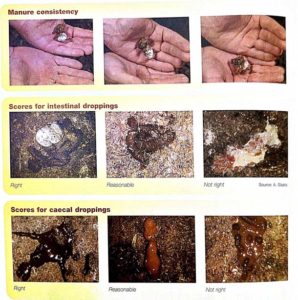
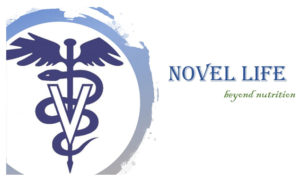 (This article is a work of Novel Life Consultant and is for public information purpose only. This has been written to share knowledge on poultry nutrition and is not a legal information or statement. Reference to any specific product or entity doesn’t constitute an endorsement or recommendation by the company. The views expressed by the writer are their own and their appearance does not imply an endorsement of them or any entity they represent.)
(This article is a work of Novel Life Consultant and is for public information purpose only. This has been written to share knowledge on poultry nutrition and is not a legal information or statement. Reference to any specific product or entity doesn’t constitute an endorsement or recommendation by the company. The views expressed by the writer are their own and their appearance does not imply an endorsement of them or any entity they represent.)